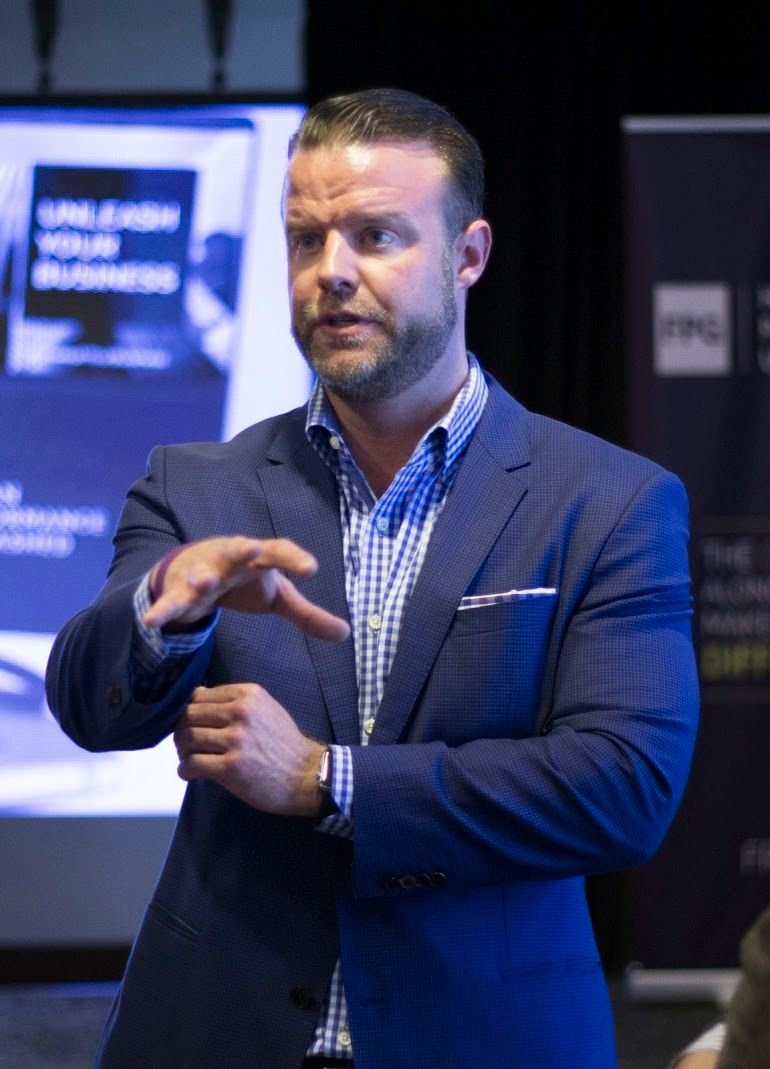We learn more from our mistakes than our successes, but an even better route is learning from someone else’s so we can make new ones. Below are three common cultural mistakes guaranteed to make your Leadership team miserable (as well as how you can keep from making the same ones).
1.The crappy culture tax.
Otherwise known as “golden handcuffs,” this common mistake is when a company or department compensates for cultural deficiencies or poor leadership with a boatload of money. It’s understood that people stay for the cash, not because they love their work or feel good about what they do each day.
Nobody wants to sell out. People want to be valued and feel good about where they work and what they do. Rather than holding employees hostage, build a culture that supports these goals so people will stay even when they could make more money elsewhere. No amount of money can substitute for a constructive culture.
2. A Communist leadership philosophy.
People don’t feel valued in a culture where the leaders are considered authorities and everyone is expected to shut up and do what they’re told. Their ideas and passions are squelched. Signs of such a culture include people running everything by a leader, employees lack independence, and leaders withholding information from the people because they feel they can’t handle it. This approach says, “Leave the decisions up to us (the smart ones) because you’re not smart enough.”
If you run a business like a communist culture, you don’t get to complain about a lack of innovation and employee engagement. Instead, give people the freedom to make decisions and share ideas. Share knowledge and information so everyone has ownership in company initiatives and is personally driven to reach company goals.
3. Having different standards for leaders.
Initiatives lose credibility when the direction comes from the top but leaders don’t invest their own time in the goals or vision. One symptom of a hypocritical leadership philosophy is when employees are required to go through training but leadership is exempt. Leaders can’t say “I don’t understand why people don’t take this seriously” if they aren’t making time for it.
Leaders must be willing to do what they require from everyone else. In fact, leaders should be the MOST invested and in tune with company initiatives. Rather than saying, “It’s not my issue, it’s everyone else’s,” leaders need to speak the language better than anyone and lead by example.
For a constructive culture, leaders must value people individually, welcome everyone to contribute their unique talents, and personally invest in the initiatives they require from everyone else. I’m all for trial by fire and believe wholeheartedly in learning through our mistakes, but avoiding the above gaffes altogether can pave the way for quicker progress (and new gaffes).
Being a successful sales leader isn’t about knowing how to sell.
It’s about being a great coach.
At FPG, we know the struggles organizations and sales teams face under ill-equipped leaders. Organizations depend on the revenue sales generates to ensure the entire company’s success. And if they fail, everyone fails.
FPG’s Sales Leadership Mastery 12-Month program is designed to bring real change to sales leaders and deliver serious results for your organization. Contact us today!

Jason Forrest
Jason Forrest has disrupted the sales training industry by creating the first training program that changes behavior. This is done through 1) teaching tactical real-world processes; 2) the language of persuasion, 3) removing the mental leashes that hold people back, and 4) through a program-based training approach. This philosophy is what led his Warrior Selling® and Leadership Sales Coaching programs to be ranked in the top 2 of the World’s Top Sales Development Programs, by Global Gurus. His provocative style of speaking his truth ranks him at number 5 on the Global Sales Guru list.
Jason is a Master Practitioner in Neuro-Linguistic Programming, the science of influence and behavioral change. He is also a Practitioner in Accelerated Evolution, the psychology of removing fear in high performers.










